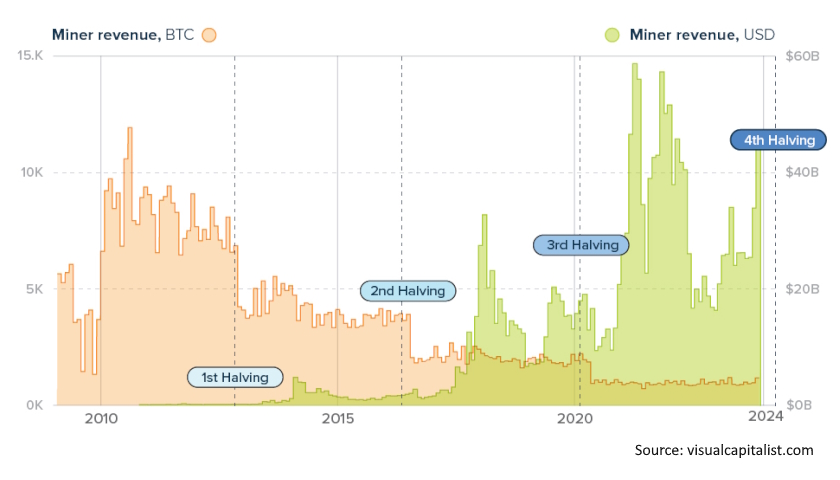Technology company Digby has partnered with American furniture brand Heller to launch a tool for establishing the authenticity of physical design products using the blockchain.
Named Digby Design Authenticator (DDA), the system allows designers and brands to link each of their products to a non-fungible token (NFT), which effectively acts as a digital certificate of authenticity.
Recorded on a blockchain, this provides an unchangeable, decentralised log of the product’s origin and ownership to prevent counterfeits.
The first product to use DDA is Heller’s Vignelli Rocker, a plastic rocking chair designed by husband-and-wife duo Lella and Massimo Vignelli in 2014.
Heller links blockchain authentication to recycling programme
Beyond proving the chair’s authenticity and making its history fully traceable, Heller hopes the tool will also strengthen its recycling programme by helping the brand to keep track of its products.
“The company has created a full-circle program that breeds both longevity and active reuse,” said Heller president and CEO John Edelman. “To this end, Heller will take back any of its products – and even pay for shipping – at any time during its lifecycle.”
“The Digby Design Authenticator is the ideal product to complement our process by allowing us to create an irrefutable bridge on the blockchain between us and our customers,” Edelman continued.
This effort will be aided by NFT-backed loyalty programmes and opportunities for digital interaction to maintain the relationship between the brand and the customer.
Authenticator works by tying product to digital token
NFTs first rose to popularity at the start of 2021 as a way of allowing digital assets such as jpegs, gifs and videos to be bought and sold.
Their underlying blockchain systems are widely hailed as a reliable means of authentification because they are decentralised and unchangeable, whereas centralised certificate authorities can be susceptible to hacking and fraud.
With the DDA, Digby now hopes to use this system to authenticate physical products such as designer furnishings, homeware and lighting.
The tool works by linking an NFT to a unique identifier embedded in each product such as a chip or a serial number.
At the time of the object’s digital registration, the NFT will be “minted” on the blockchain as a unique digital asset, after which it can be bought, sold or traded.
At this point, a verification certificate will be emailed to the customer – which they can add to a digital wallet, save as a digital file or print – and the manufacturer will also receive a record of the creation of the NFT through a backend system.
Read more: dezeen.com
Photo: Heller – The Vignelli Rocker




